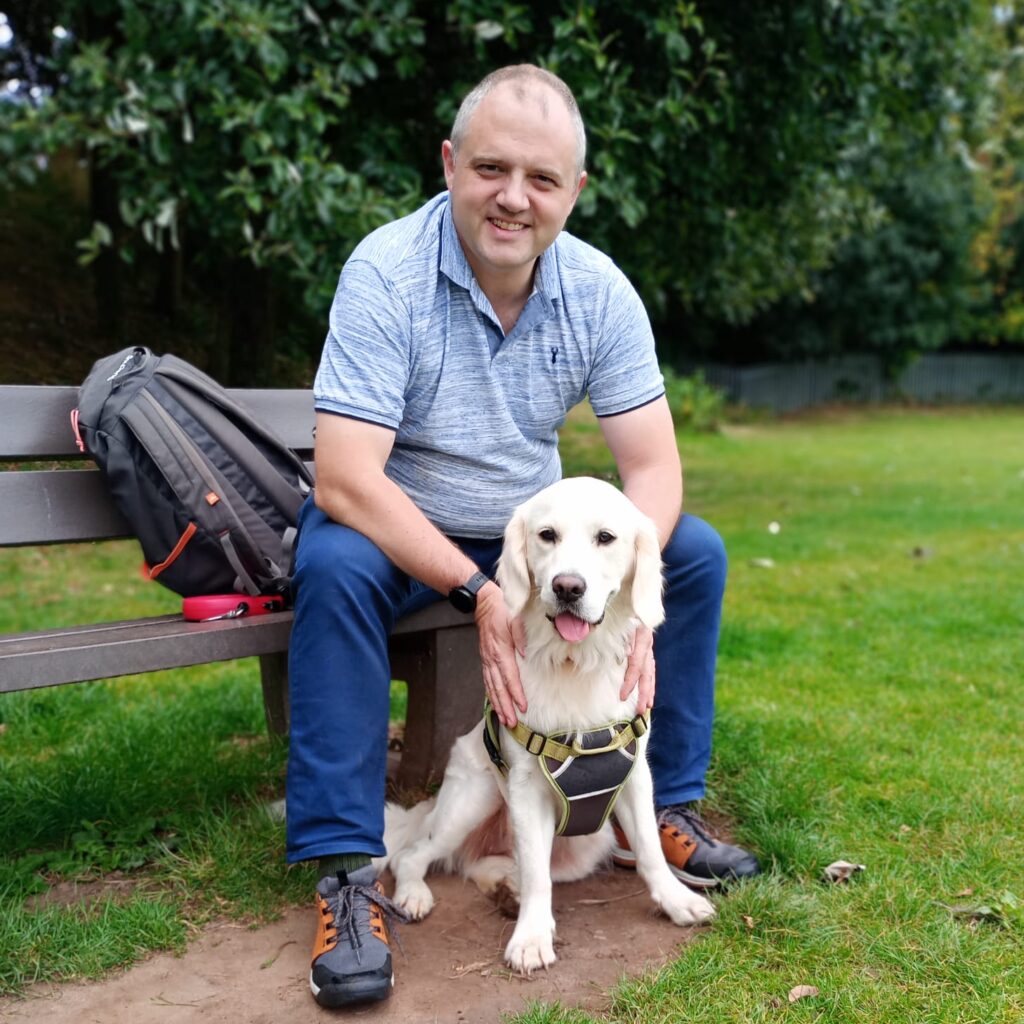Autism and Inclusion
I’m autistic, which means I have a neurodevelopmental condition that affects how my brain processes information and interacts with the world. It’s something I was born with—not caused by vaccines, parenting, or lifestyle—and it shapes how I experience communication, routine, and sensory input. Autism is a spectrum, so while every autistic person is different, common traits include literal use of language, difficulty with non-verbal communication, strong preferences for routine, and sensory processing challenges such as being overwhelmed by noise.
Is autism a disability? That depends on how we define disability. From a medical perspective, autism involves limitations and challenges. From a social perspective, the difficulty often lies not in the autism itself, but in a world designed for neurotypical people. I find background noise impossible to ignore; others can chat happily in places I find overwhelming. Society treats my challenges as abnormal, even though my strengths—like analytical thinking—are just as real. So yes, autism is a disability, but that doesn’t mean it’s a defect.
Autism has serious implications for health and work. Autistic people have a reduced life expectancy—comparable to the impact of smoking—and much higher rates of mental illness and suicide. Despite many wanting to work, only about 30% of working-age autistic people are in employment. Autistic graduates are often overqualified, underemployed, and stuck in insecure jobs. This isn’t because we lack ability, but because we’re excluded by systems that fail to accommodate different ways of thinking and being.
Sadly, churches often mirror this exclusion. While most Christians think their churches are welcoming, autistic people are five times less likely to attend church than the general population. Parents of autistic children frequently report feeling judged or unsupported. Yet Jesus said, “Let the little children come to me”—and he was indignant when his disciples got in the way. Inclusion means challenging unloving attitudes and making space for people to be themselves, even if they don’t fit the usual mould.
Churches can do better. Start by recognising that there’s no one-size-fits-all approach. Listen to autistic people and their families. Offer quiet spaces and flexible environments. Make it okay to wear ear defenders, to stim, or to leave the room if overwhelmed. Provide training for children’s leaders and consider appointing an ‘inclusion champion’—someone who can listen well, advocate effectively, and help the whole church grow in awareness.
Ultimately, being a neurodiverse church means seeing difference not as a problem to fix, but as a gift to receive. The church should be the best place in the world at including those who feel excluded. Jesus welcomed the outcast, challenged the status quo, and called us to do the same.
John Allister
John Allister is the vicar of St Jude’s Church in Nottingham, England.
He is autistic, and has degrees in Theology and Experimental & Theoretical Physics.


